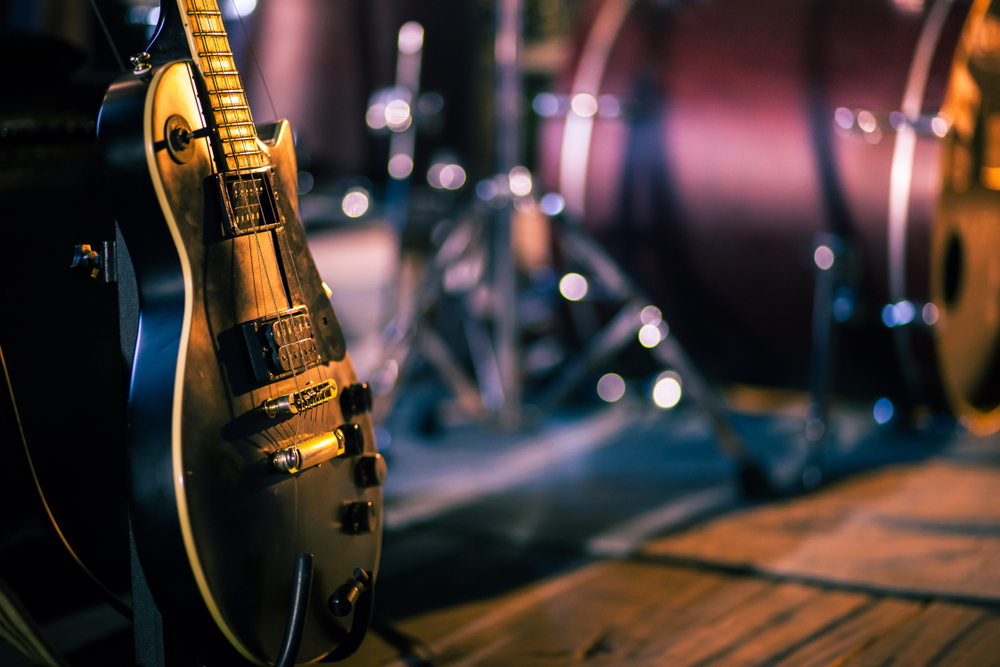Quick Guide to Vintage Guitars


The market for vintage guitars is huge. From tour-battered instruments with colorful pasts to pristine pieces that have been perfectly preserved, there are many, many guitars to choose from. And with price tags ranging from $1,000 to over $100,000 (and above), there’s a lot of variety in what’s on offer. At Stages Music Arts, whether you’re looking for an instrument that matches your style, or you simply want to add to your collection, we’ve put together a quick guide to vintage guitars.
Defining Vintage
The word ‘vintage’ is bandied around a lot these days. Sometimes, it simply describes the style of an instrument; it could be a modern replica of an old model, made to look and sound similar but ultimately lacking the character and heritage of the real deal. In our eyes, a vintage guitar is one that’s at least 30 years old. Whether it’s been held in the hands of an accomplished guitarist or left unloved in the corner of a garage, it’s an invaluable relic of a bygone era of music.
Buying a Vintage Guitar
CHECK FOR ORIGINAL PARTS
Guitarists are avid ‘tinkerers’, continually changing their instruments to experiment with fresh sounds and styles. This means that many vintage guitars are far from their original state, having been fitted with an array of additions; the most common include pickups, control knobs, potentiometers, bridges, and tuning machines. Whilst these parts might improve how a guitar plays, they reduce its value. The more original parts a guitar has, the higher its value.
LOOK AT THE HEADSTOCK
The headstock is the angled part of a guitar’s head to which the strings are attached. It undergoes a lot of pressure from the tension in the strings and is therefore vulnerable to breaking (especially with Gibsons). You can tell if this has happened on a vintage guitar by a small fracture line between the headstock and the neck. But does this really matter? If you’re a player, probably not; headstock breaks are fairly common, and a luthier would have no trouble in repairing it. If you’re a collector, it significantly reduces the value of the instrument – by as much as one third according to some estimates.
IS IT A “REFIN”?
Another key factor for collectors is the finish of a guitar. If a guitar is labeled as ‘refinished’ (or a ‘refin’), it means that it’s undergone a paint job in its lifetime. If it has, its value will be significantly reduced. Collectors appreciate original finishes because they often reflect trends and norms of the time in which the guitar was made; in the 60’s, for example, Fender offered such colors as ‘Candy Apple Red’ and ‘Sherwood Green’ because of their popularity in the American car industry. If you’re buying purely to play, don’t take too much stock of the finish of a guitar – just be aware of how much it affects the price.
Where to buy?
About Stages Music Arts
Our mission
is to help you find your unique voice by playing the music you love from the start. We strive to inspire students of all ages and abilities to discover your passion, gain confidence, master your instrument and thrive in a supportive community. At Stages Music Arts, you become part of a community centered around the joy and soul of making music!
Sign up with your email address to receive news and updates.